
Efficacy results from cohort 1 of the phase 1b Beamion LUNG-1 trial support the decision to review zongertinib in HER2-mutant advanced NSCLC.

Your AI-Trained Oncology Knowledge Connection!


Efficacy results from cohort 1 of the phase 1b Beamion LUNG-1 trial support the decision to review zongertinib in HER2-mutant advanced NSCLC.
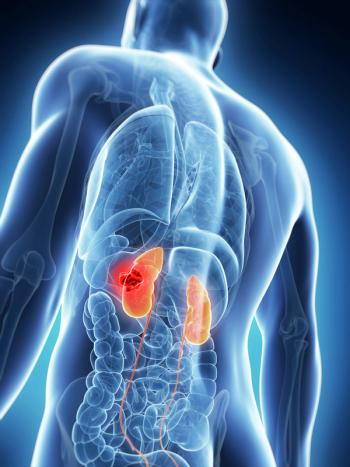
LITESPARK-004 and LITESPARK-005 trial results support the approval of belzutifan in patients with associated localized or advanced clear cell RCC.
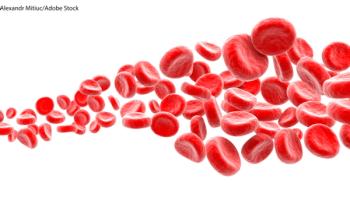
The safety profile of ibrutinib/venetoclax in the phase 3 SYMPATICO trial was consistent with the known profiles for each individual agent.
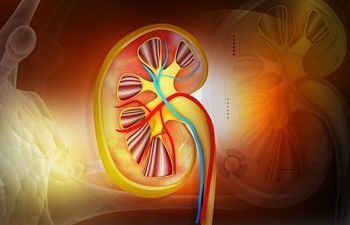
Greater responses were observed in a cohort of patients with renal cell carcinoma receiving lenvatinib plus belzutifan vs pembrolizumab plus lenvatinib.

Investigators assessed the long-term outcomes of neoadjuvant chemotherapy plus chemoradiation in those with non-metastatic muscle-invasive bladder cancer.

The toxicity profile of loncastuximab tesirine plus rituximab was consistent with prior clinical trials assessing each agent as monotherapy.

The safety profile of nivolumab plus relatlimab in patients with stage III/IV melanoma was consistent with the known profiles for each individual agent.

More adverse factors occurred in those with intermediate-risk prostate cancer undergoing neoadjuvant androgen deprivation therapy than those who did not.

The analysis saw minimal evidence of increased relapse among patients with hematologic cancers and minimal residual disease vs those without.

A total of 3 patients with AML treated with the lowest dose of tuspetinib at 40 mg completed the first cycle of treatment with no dose-limiting toxicities.
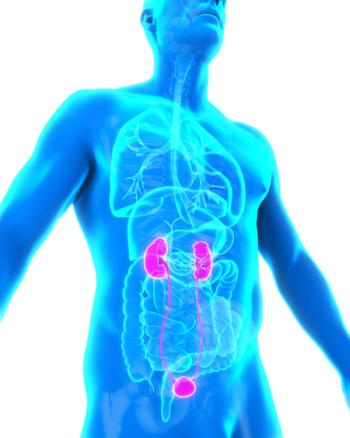
The 2025 Genitourinary Cancers Symposium will feature key updates in the management of different bladder, prostate, and kidney cancer populations.

Pertuzumab retreatment modestly improved progression-free survival and meaningfully improved overall survival in advanced nHER2–positive breast cancer.

Efficacy results from the phase 1/2 LINKER-MM1 trial evaluating linvoseltamab in relapsed or refractory multiple myeloma support the decision.

Findings from the ICE3 trial revealed that no serious adverse effects were experienced related to the use of cryoablation in ipsilateral breast tumors.

Hematologists gathered to discuss recent updates on bispecific antibodies surrounding patients with relapsed/refractory multiple myeloma.

In the phase 2 TRANSCEND FL trial, lisocabtagene maraleucel met its primary end point of overall response rate in patients with marginal zone lymphoma.

A population-based study led by Cedars-Sinai investigators found that thyroid cancer continues to be overdiagnosed, while the risk of dying from the disease has remained the same.

Completion of the phase 1 first-in-human trial revealed that iPSC-derived CAR natural killer cell therapy has potential for development across oncology.

The decision impacts the phase 1 STARLING trial and additional phase 1 trials sponsored by the Moffitt Cancer Center evaluating TIDAL-01 in solid tumors.

All 9 patients in a phase 1 trial testing a neoantigen-targeting personalized cancer vaccine in renal cell carcinoma had no recurrence at data cutoff.
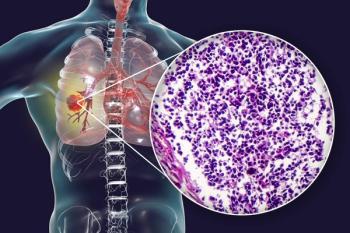
Radiotherapy plus camrelizumab and platinum-doublet chemotherapy showed manageable toxicity in untreated non–small cell lung cancer with brain metastases.

The safety profile of pembrolizumab plus neoadjuvant chemotherapy was consistent with the known profiles for each treatment.
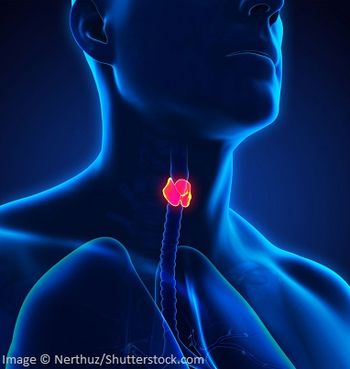
A greater proportion of excellent responses were reported without radioiodine than with radioiodine when treating patients with low-risk thyroid cancer.

Clonal hematopoiesis may be associated with the early development of toxic events in patients with newly diagnosed multiple myeloma.

Adagrasib elicited higher efficacy in combination with mTOR inhibitors vs alone when treating patients with KRASG12C-mutant non–small cell lung cancer.

Support for the recommendation is based on phase 3 ADRIATIC trial results showing a 27% reduction in the risk of death with durvalumab vs placebo.

The PATHWAY HER2 test has been approved to identify patients with HER2-ultralow metastatic breast cancer who may benefit from treatment with T-DXd.
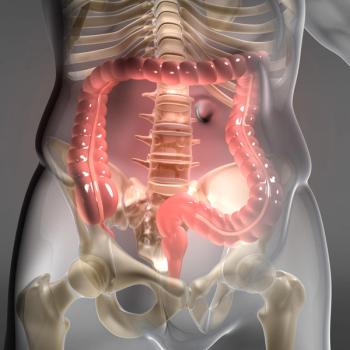
There were fewer adverse effects and no treatment-related deaths associated with thermal ablation vs surgical resection for patients with colorectal liver metastases.

Incorporating frailty evaluation into practice may alter clinical decision-making for preoperative planning and patient counseling for gynecologic surgery.

The PFS benefit with lerociclib plus fulvestrant was observed across all patient subgroups for those with HR–positive/HER2–negative advanced breast cancer.